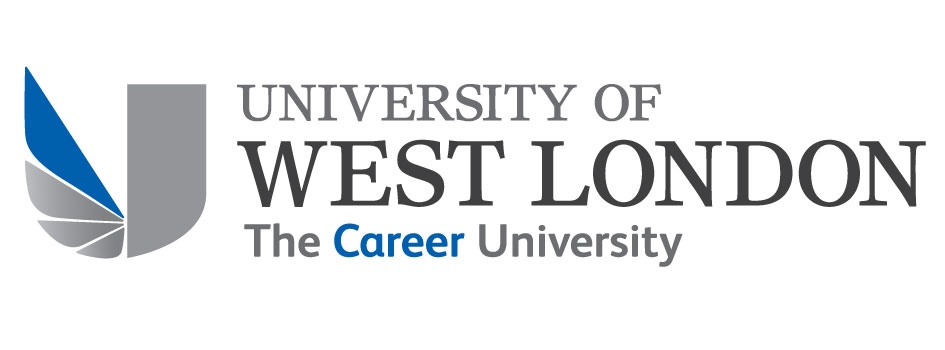Exploring probiotic derived extracellular vesicles as novel therapeutic agents in the management of Inflammatory Bowel Disease
Robert Matthews
School of Medicine and Biosciences
Supervisors:
Dr Lesley Smyth
School of Medicine and Biosciences
Dr Colin Dolphin
School of Medicine and Biosciences
Inflammatory Bowel Diseases (IBD) such Crohn’s Disease (CD) or Ulcerative Colitis (UC) are chronic and complex diseases currently affecting over 500,000 people in the UK. Current IBD treatment involves the use of systemically administered drugs such as the amino-salicylates, corticosteroids, immunomodulators (IMD) and the more recently introduced anti-tumour necrosis factor (α-TNF) biologics. These drugs either broadly or systemically target the hallmark inflammation present in both these diseases. The long-term use of these drugs however has severe adverse side effects, such as hyperglycaemia and infection, which limits their long-term efficacy.
Probiotics have recently gained interest in the context of preventing disease relapse in clinical IBD settings. Saccharomyces boulardii (S. boulardii) is of particular interest due to its natural ability to persist into the large intestine after oral administration. Additionally, this yeast has antimicrobial and anti-toxin properties, it promotes a normal gut microbiota and importantly it has a wide range of immune modulatory activities which limit inflammation. Given this, S. boulardii was evaluated in IBD patients and has shown promise in both UC and CD patients. Despite this, S. boulardii supplementation is not recommended for all IBD patients especially those who are reliant on IMDs, as it puts them at risk of life-threatening fungemia. This project aims to create a safer S. boulardii product for the treatment of all IBD patients. Extracellular vesicles (EVs) are small nanoparticles that are released by many eukaryotic and prokaryotic cells, including yeast. We, and others, have recently shown that S. boulardii produce EVs that can modulate immune cells leading to reduced inflammation in vitro. Unlike their cellular counterpart EVs are not infectious agents and cannot cause fungemia, they can also be manipulated to deliver drugs directly to the gut. Our findings provide strong evidence to pursue S. Boulardii derived EVs as safe, novel therapeutics for IBD.

